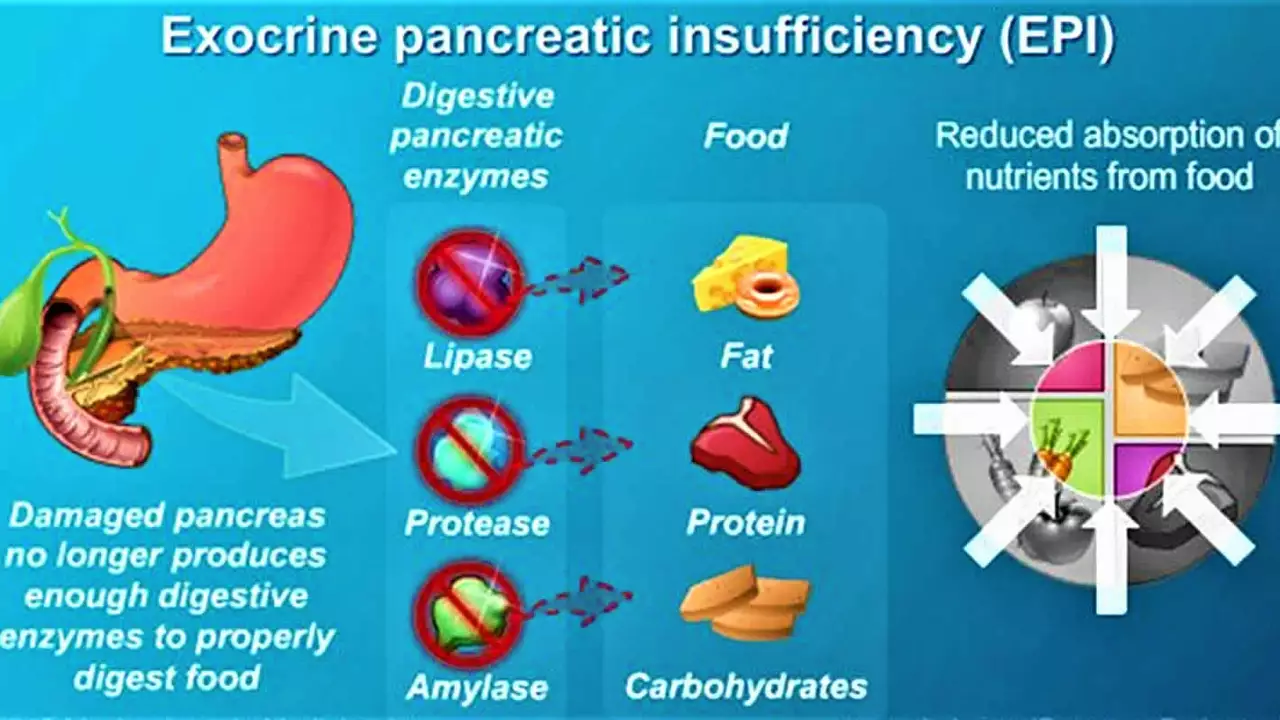Nutrition and Supplements: Smart Choices for Health
Supplements can help sleep, mood, digestion, and recovery — but they are not magic pills. Start with food. Whole foods give nutrients in the right balance, fiber, and compounds supplements can’t replace. Use supplements to fill gaps, not to replace meals.
Pick clear goals before you buy. Do you want better sleep, less stress, or support for digestion? When you know the goal, you can compare ingredients and avoid waste. For sleep, look at evidence-backed options like magnesium, low-dose melatonin, or herbal choices such as jujube (Zizyphus) and hops. Read a product’s ingredient list and avoid formulas that stack too many unproven herbs.
Quality matters. Choose brands that list exact doses and have third-party testing or a certificate of analysis. Avoid supplements with proprietary blends that hide amounts. If a label promises dramatic results fast, be skeptical. Pure, simple formulas are often safer and easier to evaluate for side effects.
Think about interactions with medications. Many supplements affect how drugs work. For example, herbs with sedative effects can increase drowsiness when combined with antidepressants or sleep medicines. St. John’s Wort can reduce levels of some prescriptions. If you take blood thinners, certain supplements like vitamin K or high-dose fish oil matter. Always check with your pharmacist or doctor before starting anything new.
Start low and test. Try one supplement at a time, at the lowest effective dose, for a few weeks. Note changes in sleep, digestion, mood, or energy. If you feel worse, stop and ask a professional. Keeping a short log helps you spot benefits or side effects and lets you discuss specifics with your provider.
Buying online? Use trusted pharmacies and retailers. Look for clear contact info, a physical address, and verified reviews. Avoid sites that sell prescription meds without a prescription. For supplements, prefer sellers who provide batch testing and clear return policies.
Children, pregnant people, and older adults need special care. Dosages that work for healthy adults can be unsafe for these groups. Tell your healthcare team about every supplement you use, including teas and herbal mixes.
Don’t chase trends or celebrity claims. New products hit the market every year, like Cade or branded blends. Some look promising, but reliable human studies matter more than marketing. If a study is cited, check who funded it and whether the trial was done in people, not just cells or animals.
Use nutrition as the foundation, supplements as support, and medical guidance as your safety net. Small, steady changes to diet, sleep patterns, and stress can make supplements more effective. When used thoughtfully, supplements can be useful tools that fit into a real-life plan for better health.
Quick examples help: magnesium 200–400 mg at night can aid sleep; low-dose melatonin (0.5–1 mg) can work short-term. For stress, a nightly routine—light, herbal tea, 10 minutes of breathing—often beats high-dose mixes. Talk to your pharmacist about safe doses and possible drug interactions before you start anything new, and keep a simple progress log every week.







